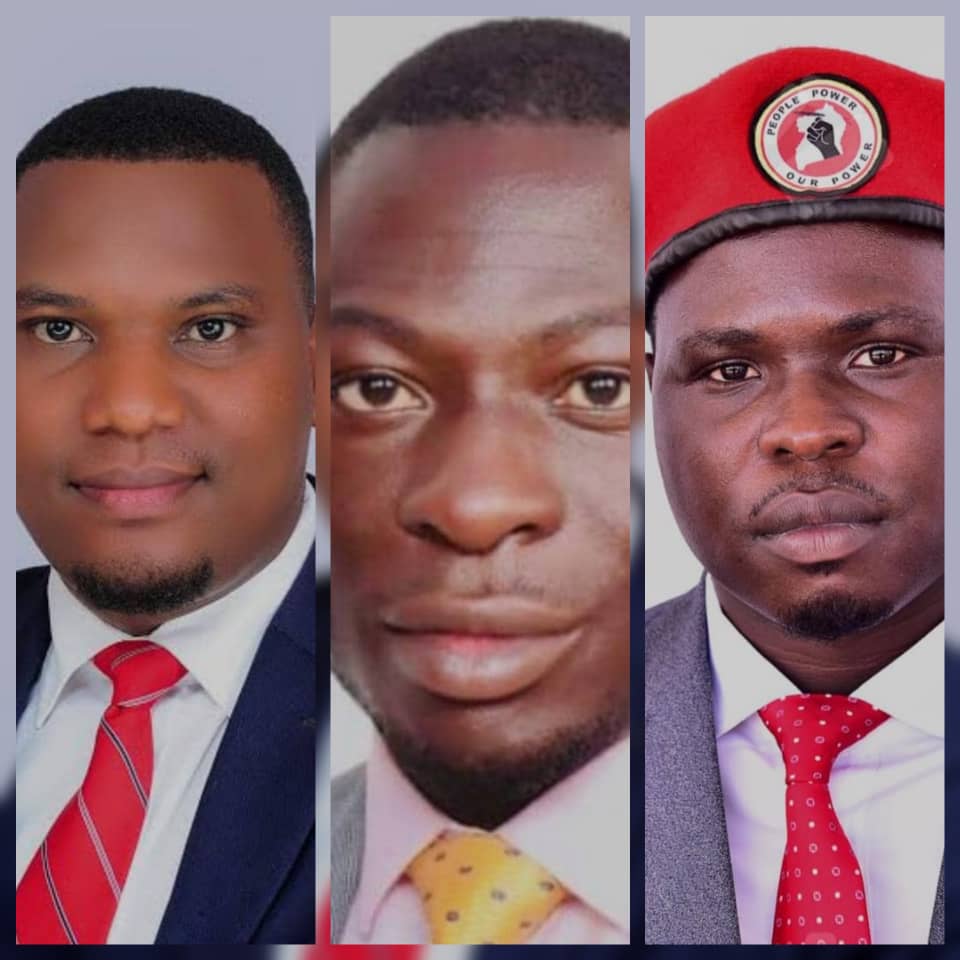Storm Brewing in Mityana as Zaake’s Reign Faces Its Fiercest Test Yet

From fiery speeches in Parliament to tear gas-laced street protests, Francis Zaake’s name has long stirred strong feelings in Mityana.
But as the 2026 election season approaches, the winds that once propelled the opposition firebrand into power now threaten to sweep him away.
In his backyard of Mityana Municipality, a simmering political rebellion is gaining force—one not just from rival parties, but from within his own National Unity Platform (NUP).
Where once Zaake was the unchallenged voice of dissent in central Uganda, today he stands ringed by ambitious opponents, each painting him as a man who has outgrown the very people who sent him to Parliament.
From seasoned district leaders to fresh party insurgents, at least seven contenders have already declared their intent to bring down the two-term MP—setting the stage for what promises to be the most volatile race in the region.
Although the Electoral Commission is yet to release an official roadmap, early campaign activity in Mityana is already electric.
Loudspeaker vans, clandestine strategy meetings, and door-to-door consultations have begun in earnest, with contenders testing the waters in churches, markets, and boda stages.
Zaake, who also serves as a parliamentary commissioner and remains one of NUP’s most recognisable faces, has shown no signs of retreat.
“My performance is visible and speaks for itself. I’ve stood firm for my constituents and for justice. No amount of political pressure will deter me from defending this seat,” he said.
But this time, it is not just the ruling National Resistance Movement (NRM) that is gunning for him. Even within NUP’s red camp, the knives are out.
Patrick Mugisha Nshimye, the Mityana District Chairperson and a fellow party member, has announced his bid for the seat, presenting himself as the rational antidote to Zaake’s confrontational politics.
“We need an MP who represents the people, not someone constantly at war with institutions,” Mugisha said.
“Zaake may be vocal nationally, but he has neglected local development priorities. I’ve been accessible and focused on service delivery. That’s what people need—not drama.”
Mityana Municipality sits at the heart of a district known for its fierce opposition to the NRM, with three of its four parliamentary seats currently held by opposition parties.
Only Mityana North remains in the ruling party’s hands, making the municipality a prized territory for both camps.
The NRM, sensing an opportunity, has already unleashed a wave of aspirants. Among them is Yasin Ndidde, who frames his campaign around accountability and depolarisation.
“Mityana deserves a representative who prioritises service delivery over political showmanship,” he said.
“For years, we’ve watched opportunities slip by due to poor leadership. My campaign is about restoring trust and focusing on inclusive development.”
Others in the NRM line-up include Gabriel Mpoza, Esther Ndyanabo, and John Mary Bugembe—the latter of whom gave Zaake his toughest challenge in 2021, polling 6,590 votes to Zaake’s commanding 23,977.
Also returning to the ring is Kiiza Ssemambo of the People’s Progressive Front (PPF), who ran as an independent last time and is hoping the fragmentation within both NUP and NRM will work in his favour.
The consensus among most challengers is that Zaake’s popularity has been built more on defiance than delivery.
While many still admire his resilience in the face of state brutality—including past beatings, arrests, and suspension from Parliament—others say that image alone cannot fuel development.
“Being a fighter doesn’t build roads or fix hospitals,” said one voter during a local radio call-in show. “We respect Zaake’s courage, but we also want someone who brings real change on the ground.”
Zaake, however, remains undeterred. His inner circle insists that his strong stance against injustice is precisely what Mityana needs—and that criticisms about service delivery ignore the bigger picture of national resistance politics.
“I have never run from a challenge. Let the people decide. I trust their judgment,” Zaake said.
As political camps begin mobilisation and party primaries draw nearer, the race is already forcing voters to ask hard questions: Who truly represents them? What does loyalty mean when both ruling and opposition figures make the same development promises? And in a town where politics has long been personal, how will relationships, history, and local networks influence the vote?
What is certain is that Mityana is heading for a political clash of uncommon intensity.
With every contender casting themselves as the true voice of the people, the 2026 parliamentary race could either cement Zaake’s legacy—or end it with a bang.



0 Comments